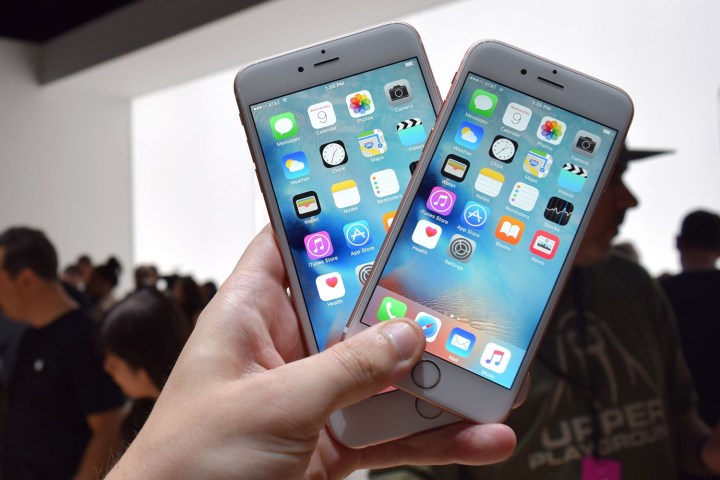
MIT recently did a study to determine just how much it would cost Apple to build the iPhone in the U.S. rather than in China. In fact, the researchers did two studies — one looking at how much it would cost to only assemble the iPhone in the U.S., and the other looking at how much it would cost to manufacture components and assemble the device in the U.S.
Estimates for how much it costs to assemble the iPhone sit somewhere in between $4 and $10 per device, depending on who you ask. MIT, however, says that if assembly were performed in the U.S., that price would be raised by around $30 or $40, something that would ultimately land on the customer to pay.
The iPhone has a ton of different parts inside of it, and even moving the most important part manufacturers would still leave many in countries like China, Japan, and Taiwan. If Apple moved all of those parts makers to the U.S., MIT estimates that it would drive up the cost of the iPhone by around $100 — so the iPhone would cost in the range of $850.
In reality, it would simply be impossible for the entire iPhone-making process to be moved to the U.S. without some drastic changes to how the device works — there aren’t bauxite mines in the U.S., for example, meaning that Apple would still have to rely on an external source for aluminum, or only use recycled aluminum, which would have originally come from an external source anyway.
Of course, this isn’t just about the iPhone’s price, it’s also about bringing jobs to the U.S. Unfortunately, MIT thinks that even moving everything to the U.S. would ultimately not create that many jobs because of the degree of labor automation that exists today.



